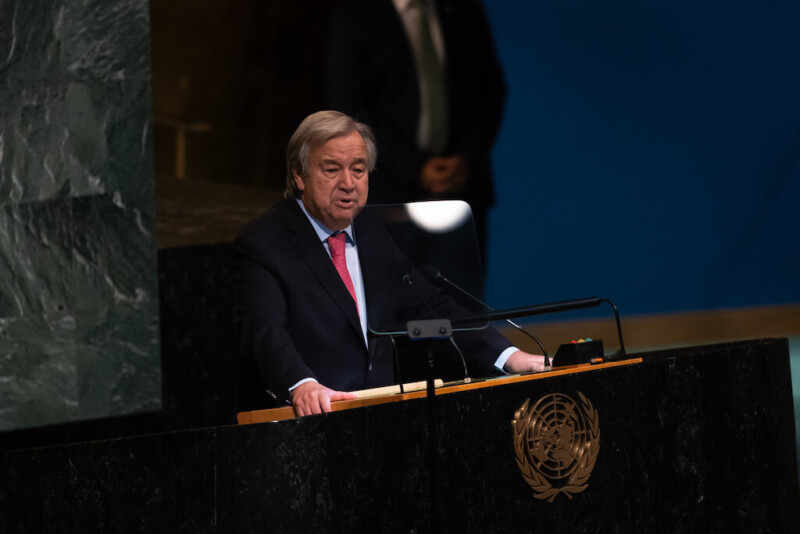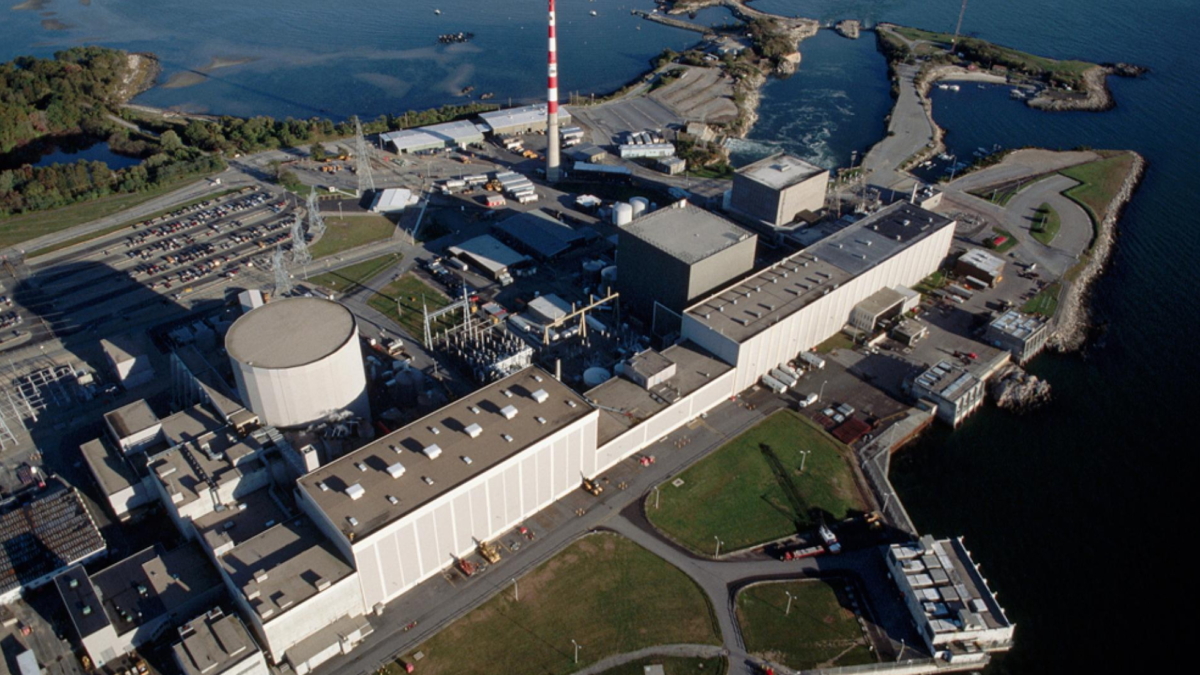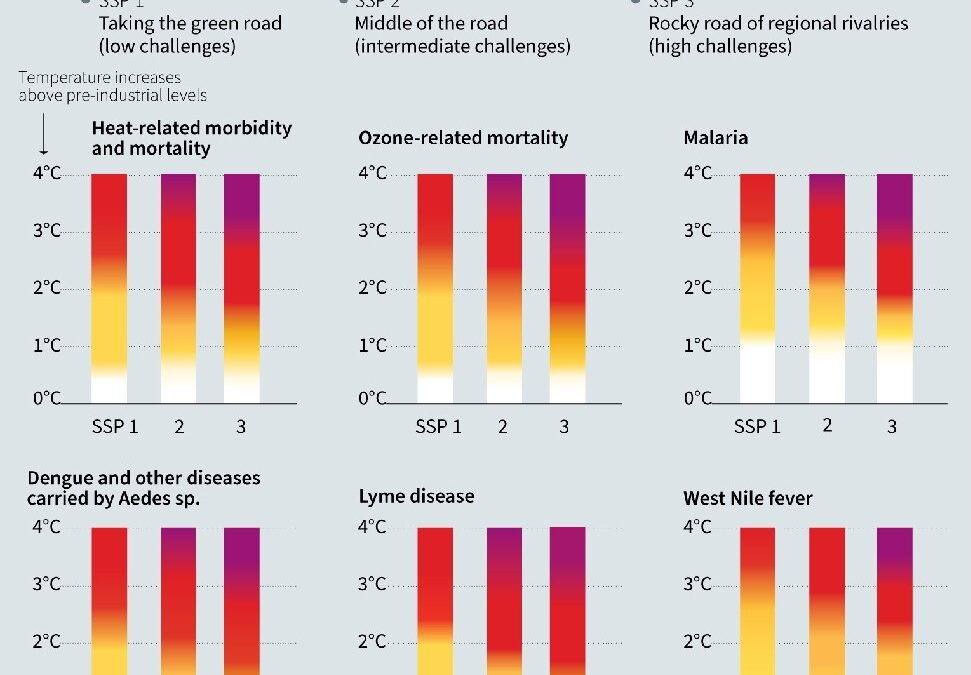UN meeting produces sense that a “new epoch” is arriving – “We are gridlocked in colossal global dysfunction. Our world is in peril – and paralyzed.”

By Edith M. Lederer
27 September 2022
UNITED NATIONS (AP) – The war in Ukraine and its global fallout transfixed the meeting of world leaders at the U.N. General Assembly this year. When it wasn’t out front, it lurked in the background of virtually every speech.
There were near-unanimous calls for an end to the seven-month war, with rich and poor countries decrying the fallout from the conflict — widespread shortages and rising prices not only for food but for energy, inflation hitting the cost of living everywhere, and growing global inequality.
The speeches and side meetings produced no breakthroughs toward peace, but they did put the top diplomats from Russia and Ukraine in the same room for the first time in many months, however briefly. And U.N. food chief David Beasley sounded an alarm that the war, on top of the ongoing COVID-19 pandemic, has left 50 million people in 45 countries “knocking on famine’s door.” He warned of starvation, destabilization of nations, riots, and mass migration if help doesn’t arrive quickly.
In his strongest, gloomiest speech since taking the helm of the United Nations in 2017, U.N. Secretary-General Antonio Guterres opened the six-day gathering telling leaders that the survival of humanity and the planet are at stake, and nations aren’t tackling the challenges to reverse course. “We are gridlocked in colossal global dysfunction,” he said. “Our world is in peril — and paralyzed.”
General Assembly President Csaba Kőrösi said he heard, from leaders, a resounding message: that the war in Ukraine, whose effect is being felt around the world, must end. “Yet be it the largest and the most acute, the war in Ukraine is one of nearly 30 armed conflicts worldwide,” Kőrösi said. “And none of them is improving.”

The Hungarian diplomat cited other takeaways from the high-level meeting: Climate change is destroying us, human rights must be improved, and the United Nations must be modernized — particularly its 15-member security council, which must, he said, reflect “the realities of this century.”
The 77th General Assembly meeting returned to an in-person gathering for the first time in three years. It was entirely virtual in 2020 and hybrid in 2021. According to Kőrösi, 190 of the 193 U.N. member nations delivered addresses including 126 world leaders, a significant number but fewer than the nearly 150 on the last speakers list issued earlier this month.
The assembly made one exception to the in-person requirement. Over objections from Russia and a few allies, members voted overwhelmingly to allow Ukrainian President Volodymyr Zelenskyy to deliver a pre-recorded speech because of the “ongoing foreign invasion.”
The six-day meeting was held under the shadow of Europe’s first major war since World War II, which began with Russia’s Feb. 24 invasion of its smaller neighbor. The conflict has unleashed a global food crisis and opened fissures among major powers in a way not seen since the Cold War. […]
Kőrösi closed the annual global gathering Monday afternoon by saying he sensed, in leaders’ speeches, a “growing awareness that humanity has entered a new era” of complex challenges, multilayered crises, and changing priorities. What’s happening, he said, represents not “just modifications, but “significant transformations in the making.”
There isn’t a name yet “for the new epoch,” Kőrösi said, “but we feel that it has arrived.” [more]


